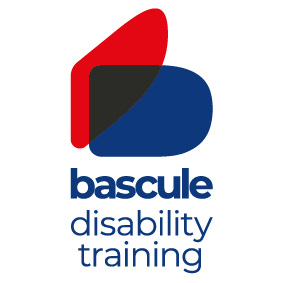New flexible working regulations- Do we need to ask?

Recently, (on Saturday 6th April), new regulations laid out by the Government came into effect that allow any staff member to request flexible working arrangements, from day one of their employment.
Prior to this, employees had to wait for six months before submitting a request, and employers were given three months to respond- (which has now been reduced to two). Of course, employers still have the right to reject your request on the grounds that:
- extra costs may damage the business
- the work cannot be reorganised among other staff
- people cannot be recruited to do the work
- flexible working will affect quality and performance
- the business will not be able to meet customer demand
- there’s a lack of work to do during the proposed working times
- the business is planning changes to the workforce
So, what real impact has this new regulation had? Does it change the process of requesting flexibility for employees with a disability? The big question is – could day one be too late for people with disabilities, for whom a level of flexibility is often critical for their working lives?
If flexibility is essential to your performance and health, you wouldn’t want to go through an application process and several interviews, only to accept a position where flexibility is rejected by your new employer.
Of course, people with disabilities could (and would be advised to), bypass that period if they requested flexibility as a reasonable adjustment, but let’s not forget that nearly half of employees with a hidden disability (43%) choose not to disclose it to their employer, which rules that option out for many people.
Also, it’s worth noting that just 10% of employees with disabilities said it was easy to get the reasonable adjustments they needed (The Great Big Workplace Adjustments Survey 2023). And again, do people really want to start a new position only to have to ask, apply and request for particular arrangements and adjustments?
Or would it be easier if we all knew where we stood up front?
Surely, the best time to be thinking about how a particular role could be performed is during the phase when the job spec is being drafted, and when recruitment ads were being composed. Let’s be honest, when it comes down to it, we can work out whether a majority of roles can be performed flexibly in an instant. The pandemic clearly proved that!
The answer to this, (like virtually all issues around inclusive employment), comes down to a fundamental shift in workplace culture. If we give consideration to a fully inclusive recruitment process- we must also look ahead in terms of how accessible the role itself will be in practice.
We must uphold our commitments beyond the initial stages of accessibility and give what we promise. If we are truly committed to being an inclusive employer, considerations for how the role can be performed should be made clear in job descriptions, advertisements and in interview rooms. It shouldn’t be left to the employee to request or ask for adjustments, once they have said ‘yes’ to working for a business, knowing that the consequences of a ‘no’ could have a profound impact on how they both work and live.
CHRIS JAY, MANAGING DIRECTOR – BASCULE DISABILITY TRAINING




